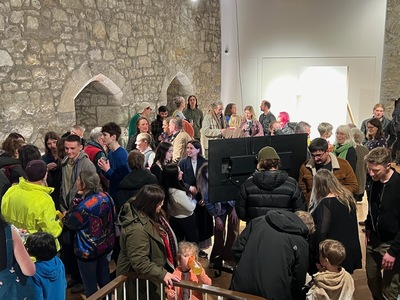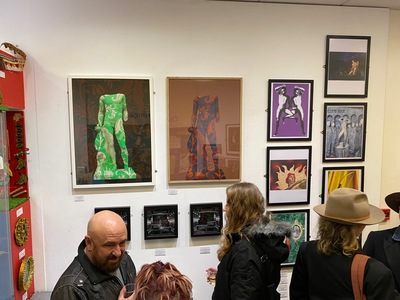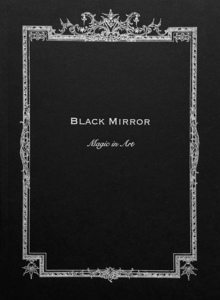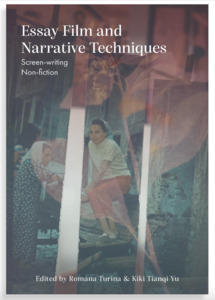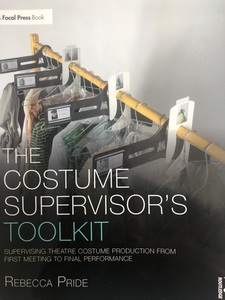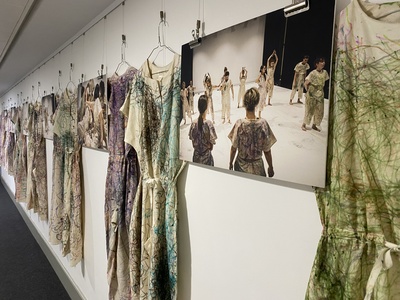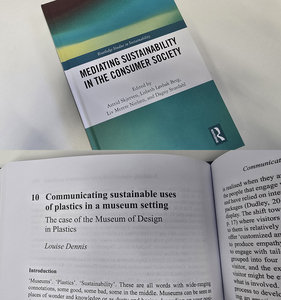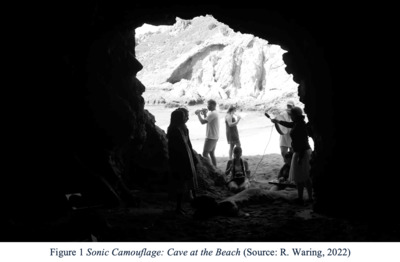This article explores the benefits and challenges of experiential research for a PhD novel in the contemporary fantasy genre and how this has significant qualitative impacts upon the “early drafting” stage of the creative process (Neale 2018). Drawing upon the extensive field research undertaken in the Scottish Borders, with its rich palimpsest of oral tradition, traumatic historicity, and touristic gilding, the article shows how this informed the emergent multimodal approach, resulting in a transmedia novel – one that ‘performs’ the liminality experienced according to a reader-response model. The Scottish Border ballad of ‘Thomas the Rhymer’ (Roud 219: Child 37) is used as a map – both in the field trips to associated locations, and in the creative-critical process itself. Within the ritualised landscape of the ballad three roads offer three ontological choices for not only the protagonist, but also the researcher-writer. Layered over this is Walter Benjamin’s three-step model of the musical, the architectonic, and the textile. How does one negotiate the various tensions of different disciplines? How does one avoid displacement activity in a protracted research project that embraces different modes of enquiry? When and how does one ‘return’ from this crossed threshold? And in what form can one’s findings withstand critical scrutiny, while retaining faith with the initial vision, the demands of the narrative, and the expectations of the reader?
 |



 Lists
Lists Lists
Lists


